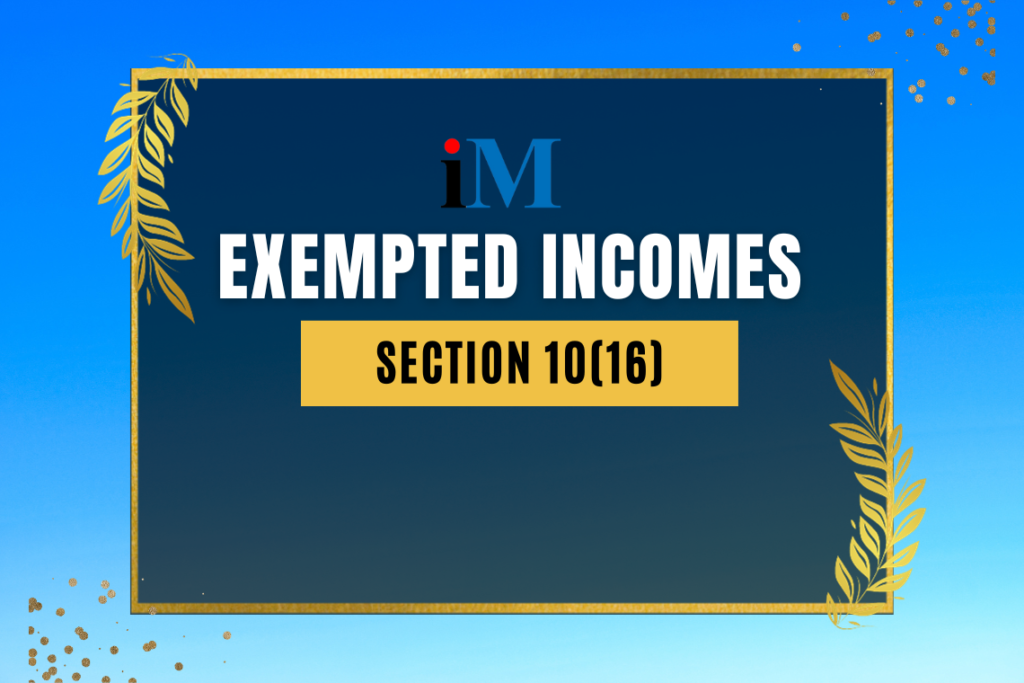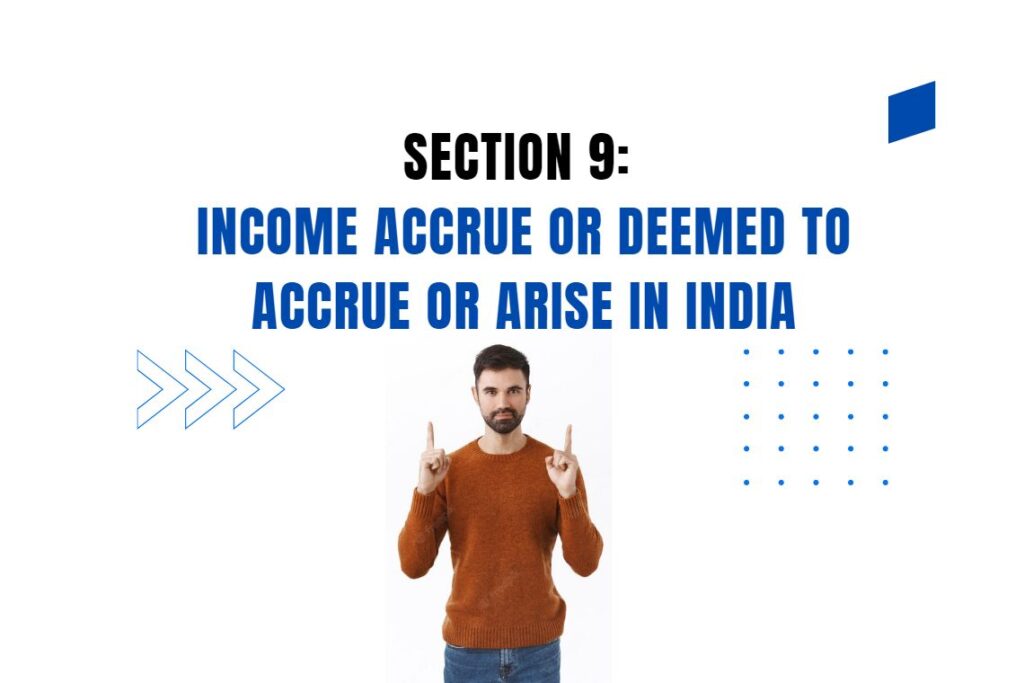Section 10(16) of the Income Tax Act, 1961 provides exemption from income tax for scholarships granted to meet the cost of education. This exemption is available to all taxpayers, including individuals, Hindu Undivided Families (HUFs), companies, and partnerships.
To be eligible for exemption under Section 10(16), the scholarship must be granted by a recognized educational institution or by a charitable or religious trust. The scholarship must also be used to meet the cost of education, such as tuition fees, hostel fees, and examination fees.
The amount of exemption that a taxpayer can claim under Section 10(16) is limited to the actual amount of the scholarship received.
Eligibility for Section 10(16) Scholarships
To be eligible for exemption under Section 10(16), the following conditions must be met:
- The scholarship must be granted to meet the cost of education.
- The scholarship must be granted by an approved institution.
- The scholarship must be utilized for the purpose for which it is granted.
- The scholarship must be granted by the government, university, or any other educational institution
- The scholarship must be granted to an individual for pursuing studies in India
Examples of eligible scholarships:
The following are some examples of scholarships that are exempt from income tax under Section 10(16):
- Merit scholarships
- Need-based scholarships
- Sports scholarships
- Cultural scholarships
- Scholarships for students with disabilities
- Scholarships granted by government agencies
- Scholarships granted by private organizations
- Academic scholarships
- Scholarships awarded by educational institutions
- Scholarships awarded by individuals
How to Claim the Exemption
To claim the exemption under Section 10(16), the scholarship recipient must provide the necessary documents to support their claim. These documents may include:
- Letter of scholarship award
- Receipts or proof of educational expenses
- Any other documents required by the tax authorities
It is important to keep these documents safely as they may be required for future reference or audit purposes.
Benefits of claiming exemption on scholarships under Section 10(16):
Here are some of the benefits of scholarships granted to meet the cost of education:
Reduced financial burden: Scholarships can help to reduce the financial burden of education, which can make education more affordable for students and their families.
Increased access to education: Scholarships can help to increase access to education for students from all socioeconomic backgrounds.
Recognition and motivation: Scholarships can recognize and motivate students for their academic achievements and extracurricular activities.
Reduce taxable income: Claiming exemption on scholarships can help you to reduce your taxable income. This can lead to lower income tax liability and increased savings.
Save tax for children: If you are a parent or guardian, you can claim exemption on scholarships received by your children. This can help you to save tax on their behalf and invest the savings for their future education and other needs.
Encourages education: The exemption under Section 10(16) encourages people to pursue education. This is because it makes education more affordable and accessible.
Examples of Exemptions:
Here are some examples of how the exemption under Section 10(16) works:
Example 1: A student receives a scholarship of ₹1 lakh from the government to pursue her engineering degree. The scholarship is used to pay her tuition fees and hostel fees. The student is eligible for a tax exemption of ₹1 lakh under Section 10(16).
Example 2: A researcher receives a scholarship of ₹50,000 from a non-government institution to pursue her PhD research. The scholarship is used to pay her research expenses and travel expenses. The researcher is eligible for a tax exemption of ₹50,000 under Section 10(16).
Important points to be Note:
- The exemption under Section 10(16) is available only for scholarships granted to meet the cost of education. Income from other sources, such as salaries, wages, and business profits, is taxable.
- The exemption under Section 10(16) is available to all taxpayers, including individuals, HUFs, companies, and partnerships.
- The scholarship must be granted by an approved institution. An approved institution is an institution that is recognized by the government or by a university or other educational institution.
- The scholarship must be utilized for the purpose for which it is granted, such as tuition fees, hostel fees, and examination fees. If the taxpayer does not utilize the scholarship for the purpose for which it is granted, the exemption may be withdrawn.



![Residential Status [Sections 5 to 9B]](https://incometaxmanagement.in/wp-content/uploads/2023/09/Residential-Status-Sections-5-to-9B-1024x683.jpg)

![EXEMPTED INCOMES [Section – 10, 10AA, 11 to 13A]](https://incometaxmanagement.in/wp-content/uploads/2023/09/Exempted-Incomes-Section-10-1024x683.jpg)

![Income of an Electoral Trust shall be Exempt [Section 13B]](https://incometaxmanagement.in/wp-content/uploads/2023/10/61-Exempted-Incomes-Section-13B-1024x683.png)
![Incomes of Political Parties [Section-13A]](https://incometaxmanagement.in/wp-content/uploads/2023/10/60-Exempted-Incomes-Section-13A-1024x683.png)
![Special Provisions in respect of Newly-established Units in Special Economic Zones (SEZ) [Section-10AA]](https://incometaxmanagement.in/wp-content/uploads/2023/10/59-Exempted-Incomes-Section-10AA-1024x683.png)
![Exemption in respect of income chargeable to Equalization Levy [Section 10(50)]](https://incometaxmanagement.in/wp-content/uploads/2023/10/58-Exempted-Incomes-Section-1050-1024x683.png)
![Income of a Developmental Financing Institution (DFI) to be Exempt [Section 10(48E)]](https://incometaxmanagement.in/wp-content/uploads/2023/10/57-Exempted-Incomes-Section-1048E-1024x683.png)
